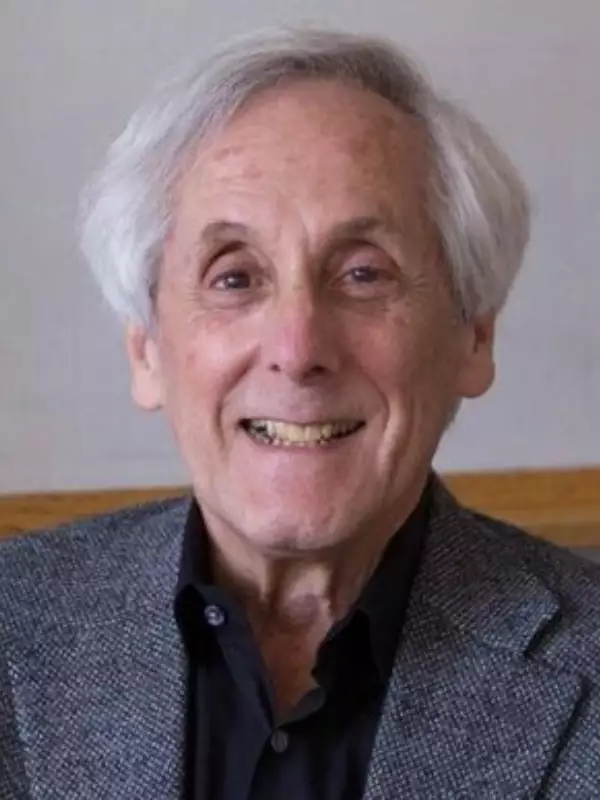
Jay Winsten
Trained as a molecular biologist at Johns Hopkins University and Harvard Medical School, Dr. Jay Winsten served as co-editor of the three-volume work, Origins of Human Cancer, with Nobel laureate James D. Watson and Howard H. Hiatt, former dean of the Harvard T.H. Chan School of Public Health. His three-year study, Science and the Media: The Boundaries of Truth, was praised by the Columbia Journalism Review as a “landmark study on the relationship between science and the press.”
Winsten is best known as the architect of the U.S. Designated Driver Campaign, which successfully introduced the designated driver concept into the American culture, contributing to a sharp decline in alcohol-related traffic fatalities and injuries. As founding director of the Center for Health Communication at the Harvard T.H. Chan School of Public Health, Winsten and his team recruited the Hollywood creative community and leading television networks to join in a collaborative effort to promote the designated driver concept through a combination of advertising, news coverage, and portrayals of designated drivers in storylines of more than 160 prime-time TV episodes. The New York Times reported that the campaign generated over $100 million in donated air time in its first year. Within four years of the campaign’s national launch in 1988, the Roper Poll found that a majority of Americans had served as a designated driver or been driven home by one. Alcohol-related traffic fatalities declined by more than 25% during the campaign’s first four years, compared to 0% change in the preceding three years. Over time, the designated driver concept — which originated in the Nordic countries — became deeply ingrained in the American culture. The Chronicle of Philanthropy reported, “Many grantmakers say it was the success of [the Designated Driver] campaign that persuaded them that skillful work with news and entertainment media can bring about social change.”
In 1997, Winsten led the communications task force for the Presidents’ Summit on America’s Children, chaired by General Colin Powell with the participation of then-President Bill Clinton and former U.S. presidents. As an outgrowth of the Summit, Winston turned his attention to recruiting volunteer mentors for at-risk youth as a strategy to prevent youth violence and promote healthy child development. The Center served as the communications arm for the mentoring movement, working in collaboration with MENTOR: National Mentoring Partnership, America’s Promise, and Big Brothers Big Sisters. The campaign won the direct support and involvement of three consecutive U.S. presidents, including through advocacy for youth mentoring in State of the Union Addresses. General Powell served as the campaign’s lead spokesperson, and over 45 cable and broadcast networks supported the effort. The annual number of young people matched with mentors through local mentoring programs grew from 300,000 in 1997 to over 3.5 million a decade later.